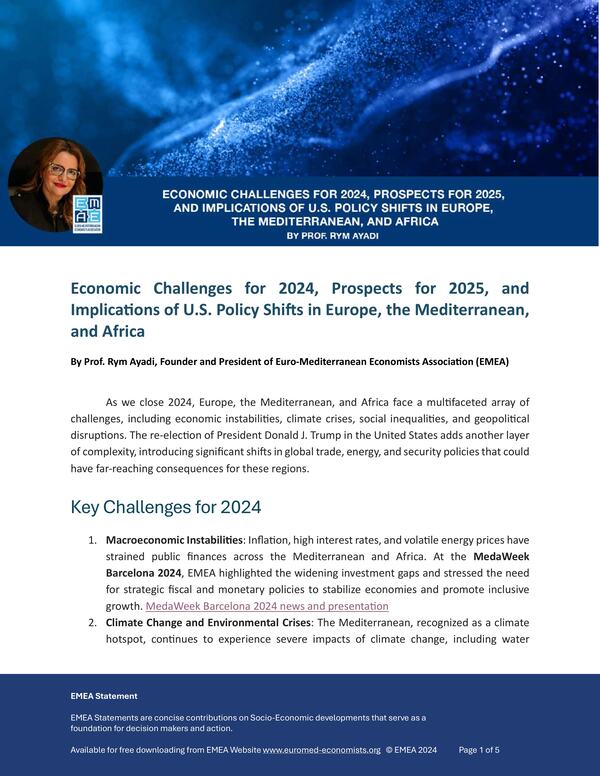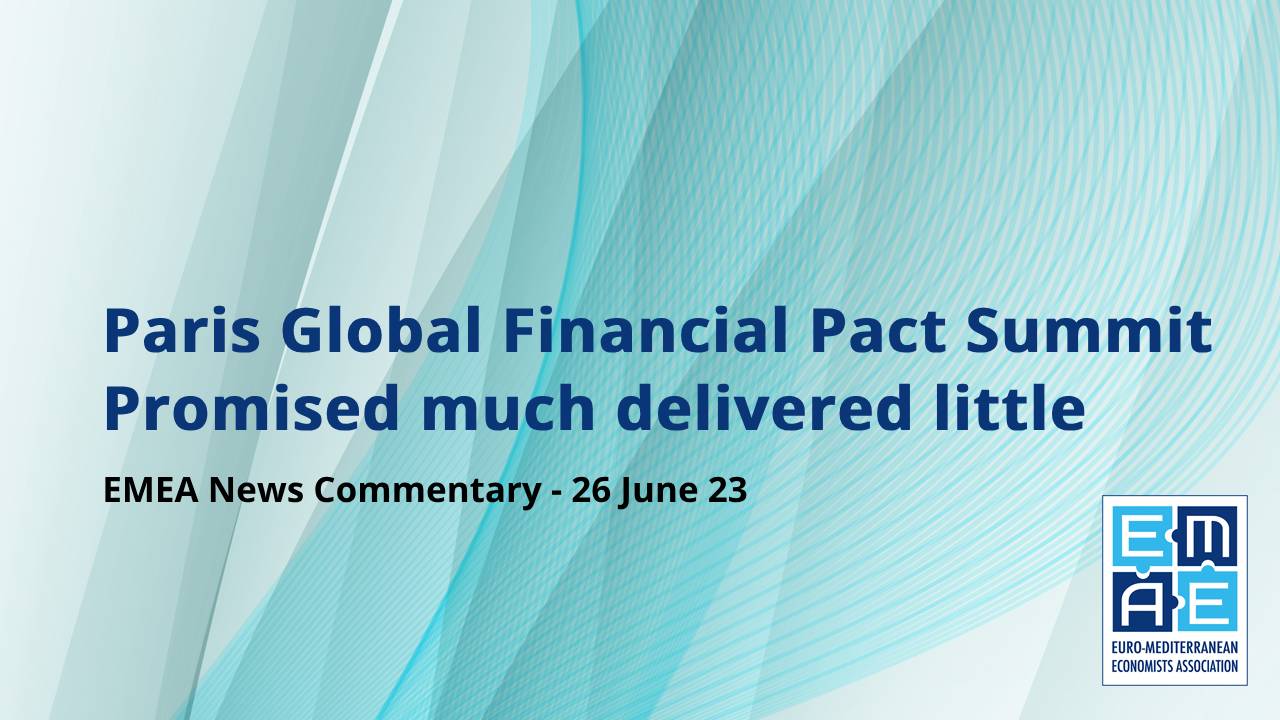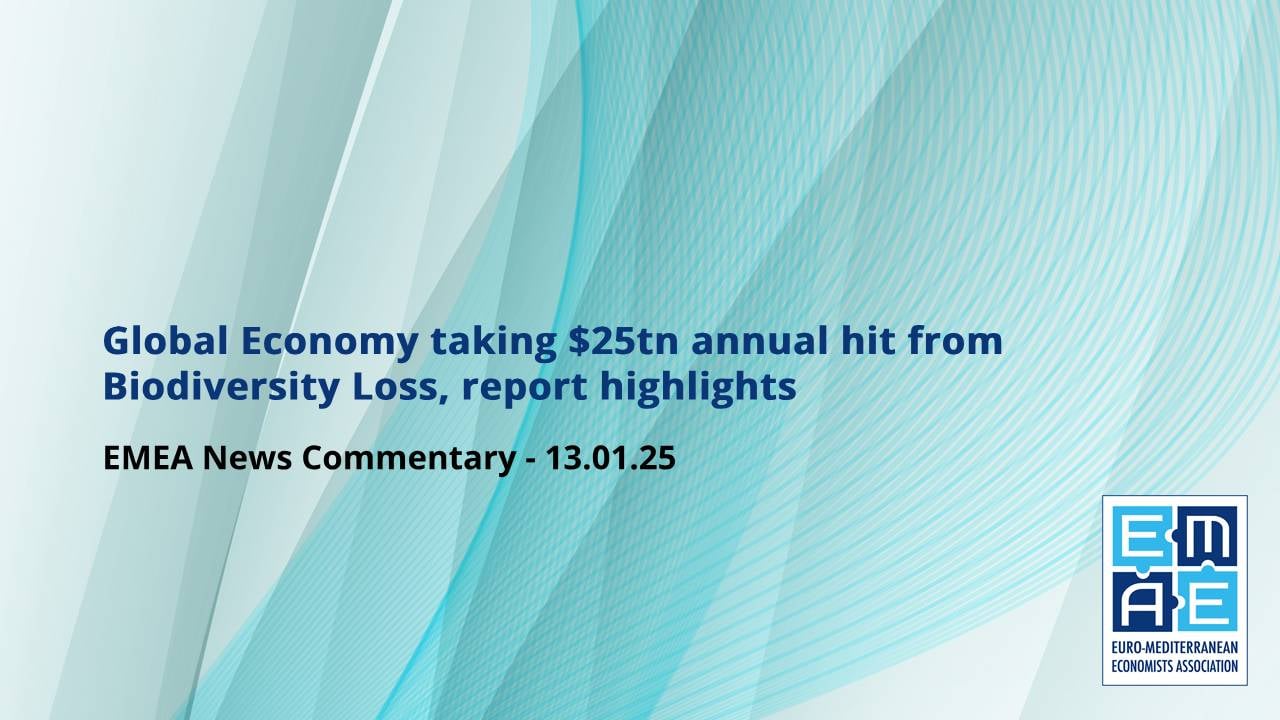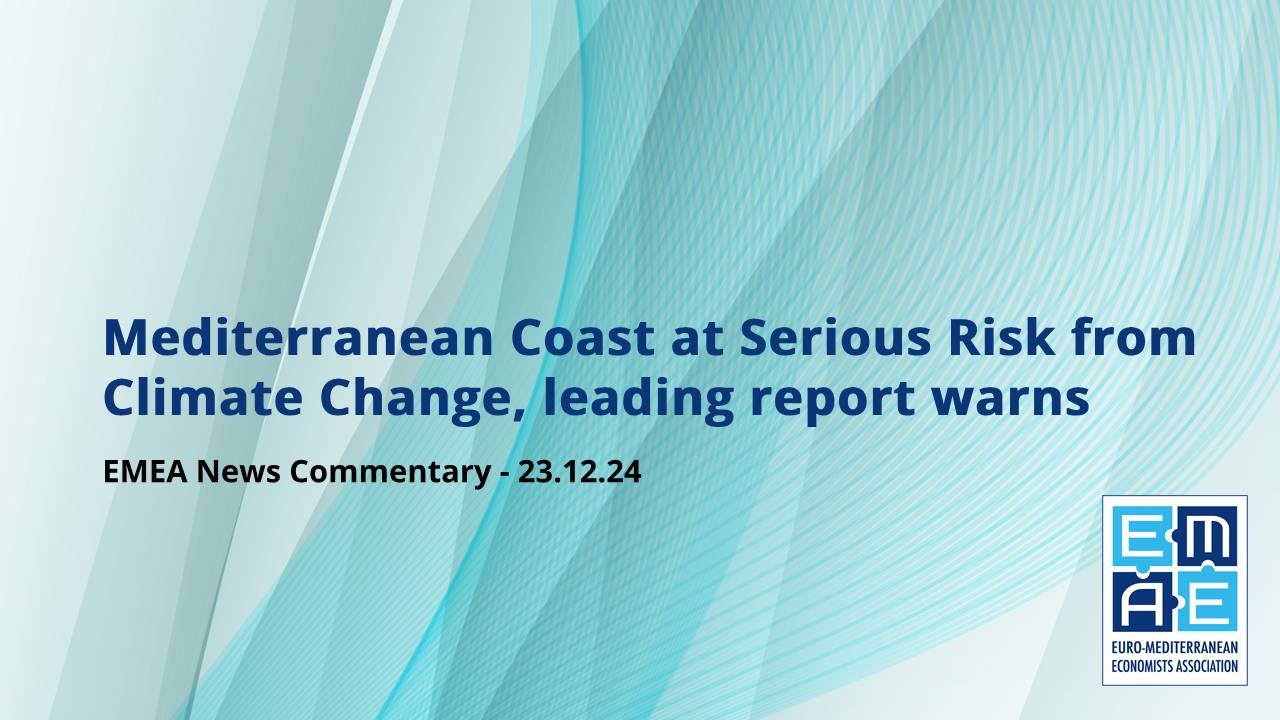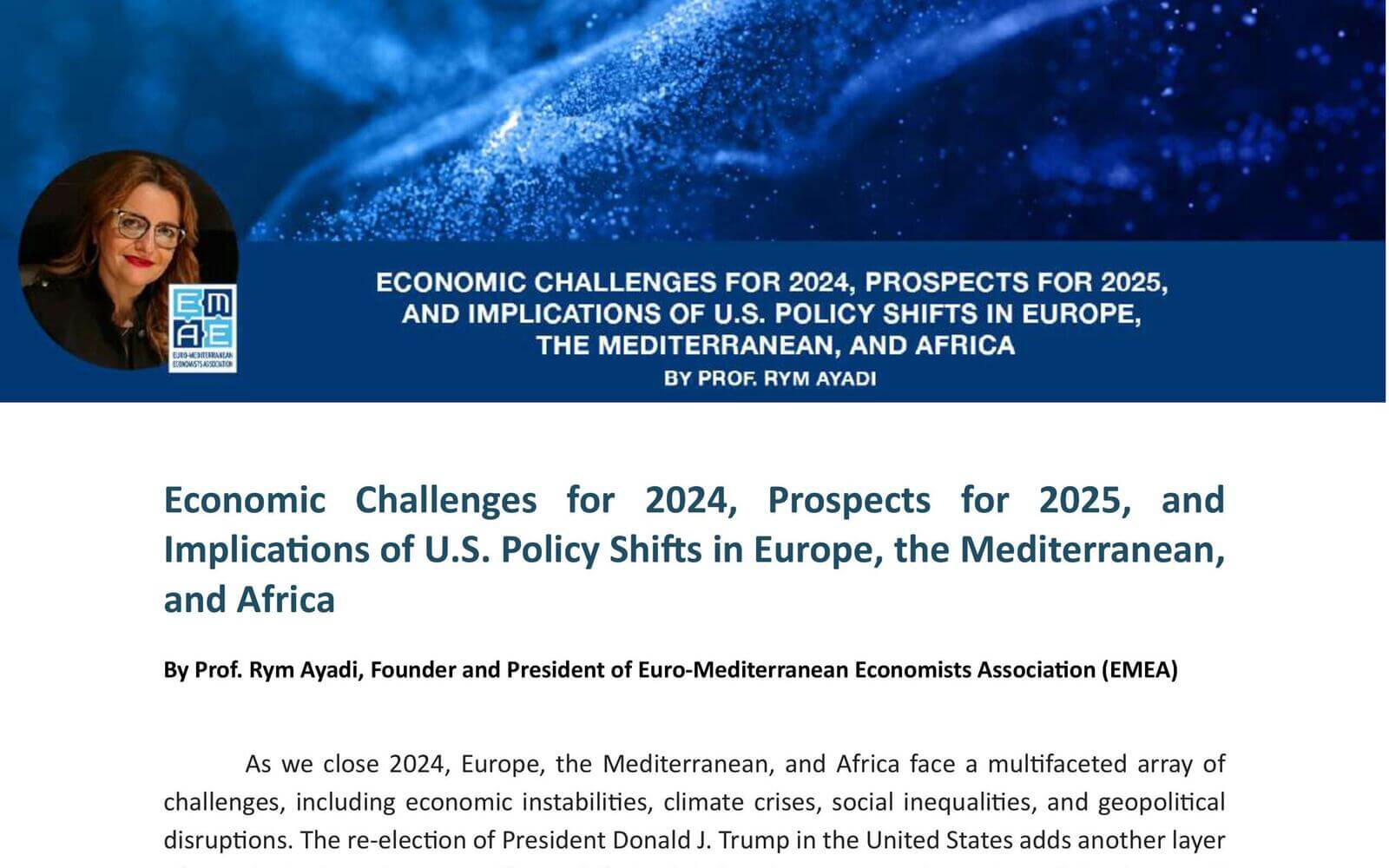Last week’s Global Summit (on 22-23 June 2023) on establishing a new global financial pact has failed to find much common ground. World leaders and heads of multilateral development banks met for two days in a bid to rally public and private sector support, with the intention of identifying a clear path towards meeting the development and climate financing needs of low and middle-income countries.
But whilst there was plenty of talking, there was little in the way of substantive progress, especially on the key area of richer countries agreeing to debt relief and fresh financing for climate action in relation to the Global South.
There was no agreement on climate finance or on any extra measures to limit greenhouse gas emissions, or to provide support for poorer countries.
Speaking about the global financial system, in her opening address last week Barbadian Prime Minister, Mia Mottley, who co-hosted the event with France’s President Emmanuel Macron, advocated that delegates deliver a route to “transformation, not reform”. That meant allocating trillions of extra dollars. But nothing remotely approaching this has transpired.
In a nutshell, here’s a snapshot of progress:
- The IMF will make the overdue $100 billion available for climate-vulnerable countries in special drawing rights (SDRs), a reserve currency;
- The World Bank said developing nations hit by climate disasters can suspend debt repayments;
- Rich countries announced a €2.5 billion clean energy agreement with Senegal;
- A $6.3 billion debt restructuring deal was struck with Zambia
- There was support for taxing shipping emissions
But these measures will nowhere near fulfill the requirements of developing countries who, according to a UK and Egypt-commissioned report ahead of COP27, need an estimated $2.4 trillion per year if they are to successfully get to grips with reducing emissions and deal with climate impacts.
Nevertheless, Macron defended the Summit, after confirming that the IMF’s $100 billion pledge would now finally been met. “We can’t say that we are not doing anything, it’s not true,” he said, proposing that a further meeting should be held in Paris no later than 2025 and that a monitoring mechanism be set up in the interim.
Referring to accusations that one summit after another failed to deliver any meaningful action, he warned against “engaging in repetitive indignation.”
Although progress was made on disaster debt suspension clauses, as well as the reallocation of SDRs and global tax discussions, rich countries were not forthcoming on the main demands by the Global South relating to debt relief and new financing.
Indeed, major shareholders at the World Bank, including the United States, said they wanted any current lending to be used more efficiently – before introducing fresh capital.
Prime Minister Mottley was critical of the European stance on debt. She referenced the EU Maastricht Treaty, which set a debt-to-GDP ratio limit of 60 %.
“The hypocrisy of the moment … is found in the fact that almost every country in Europe is now facing debt-to-GDP ratios of over 90 percent,” she said.
“The U.K. took 100 years to repay its debt for WWI. And Germany had all the benefits of having its debt service capped … to rebuild Germany after WWII,” she added. “We are people too. We are countries too. And we deserve similar treatment.”
Even though Zambian President Hakainde Hichilema was grateful to those who had agreed to his country’s debt restructuring, he said the negotiations had taken too long. “The speed at which we do things … every day we don’t deliver these things we are basically increasing the costs,” he told the Summit.
And in his closing Summit speech, Brazil’s President Luiz Inácio Lula da Silva criticised global institutions like the World Bank, the IMF, the United Nations and the World Trade Organisation, lamenting the “return of protectionism” and unequal trade agreements.
“What was created after the Second World War, the Bretton Wood institutions, no longer works and no longer meets the aspirations or interests of society,” he told delegates.
“Let’s be clear that the World Bank leaves much to be desired in what the world needs from the World Bank. Let’s make it clear that the IMF leaves much to be desired in terms of what people expect from the IMF.
“If we don’t change our institutions, the world will remain the same. And the rich will go on being rich, and the poor will go on being poor,” added da Silva.
Grounds for optimism?
It wasn’t all doom and gloom, however.
Marshall Islands envoy, Albon Ishoda, said the summit had “renewed a sense of urgency and hope for many of us.”
Alex Michie, of the Glasgow Financial Alliance for Net-Zero – an organisation focused on driving private capital into clean energy – said that topics such as investing flows, borrowing rates and international financial architecture were now mainstream and ingrained in climate conversation relating to emerging and climate-vulnerable countries.
Meanwhile, Avinash Persaud, Mia Mottley’s climate envoy, said after the summit had ended that Paris was an “important inflection point.”
He remarked: “Nine months ago, if I’d said to you that there will be widespread adoption of disaster debt clauses … you’d be saying, what are you smoking?”
Paris climate finance summit delivers momentum but few results – POLITICO
Global climate summit in Paris fails to agree ambitious plans | Euronews

